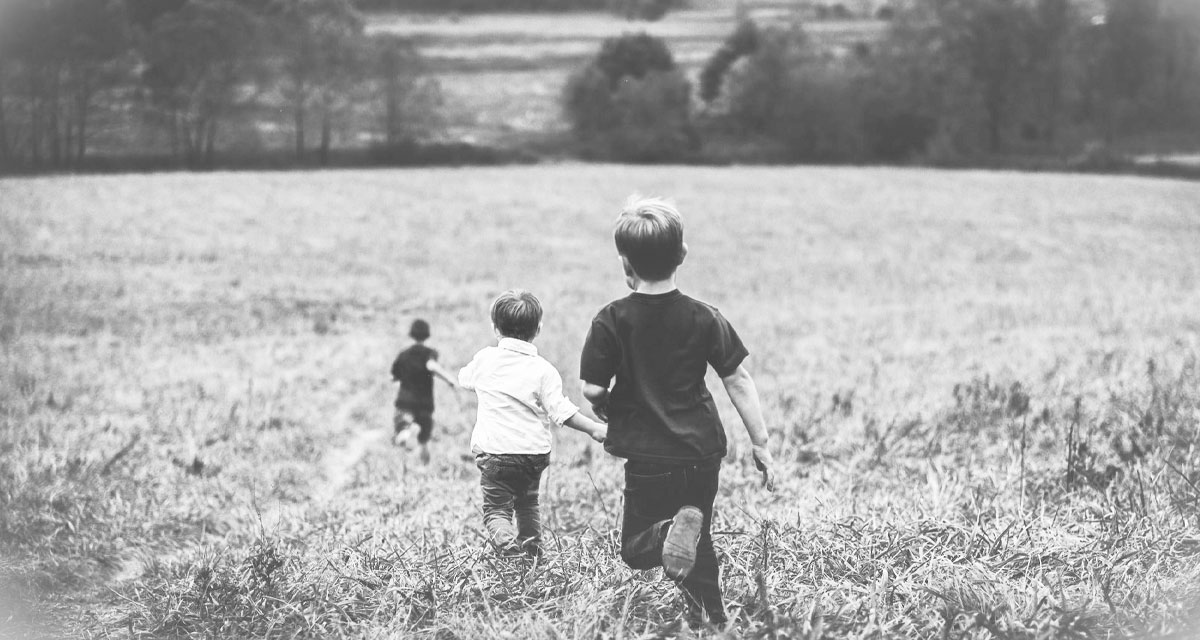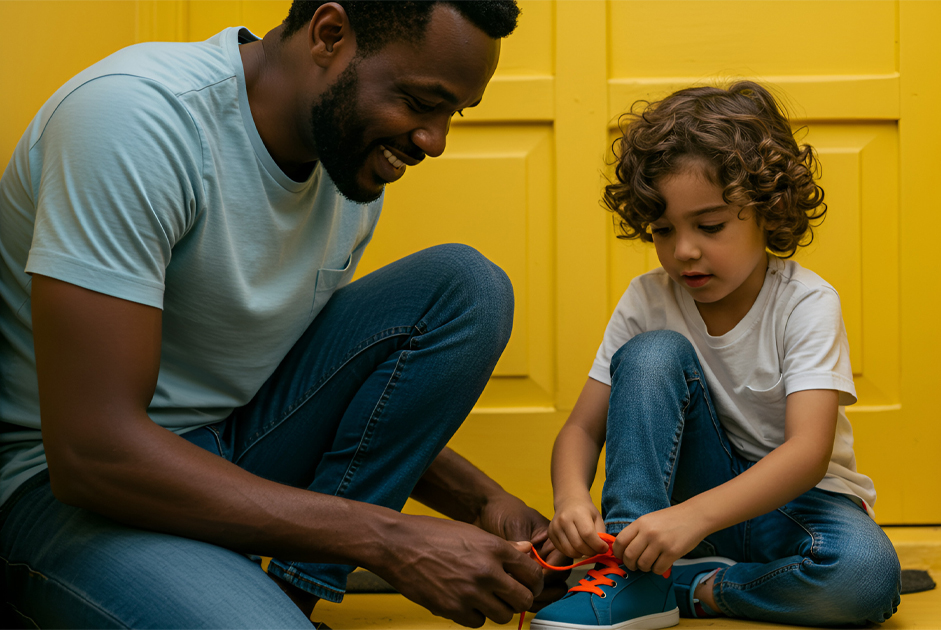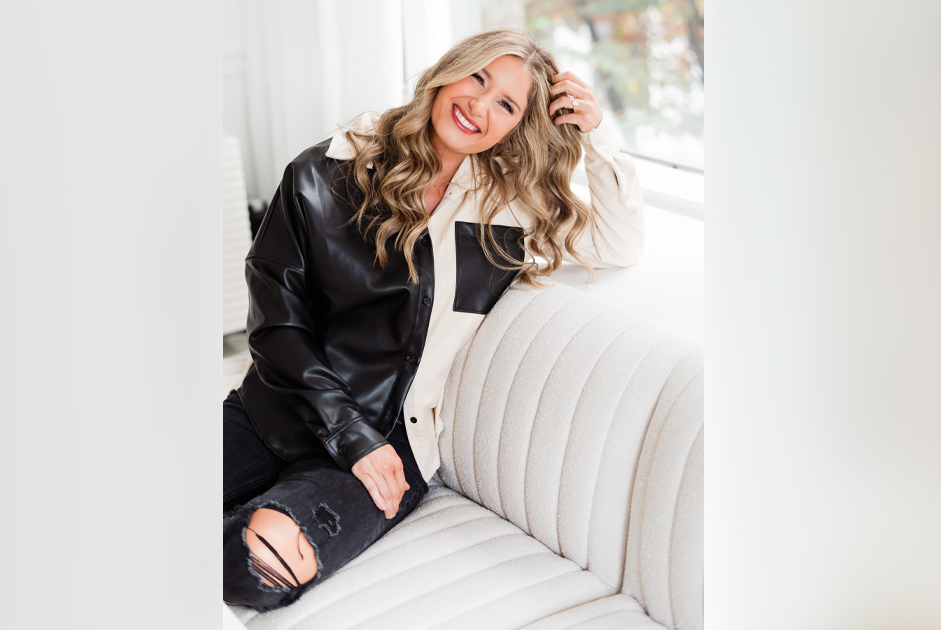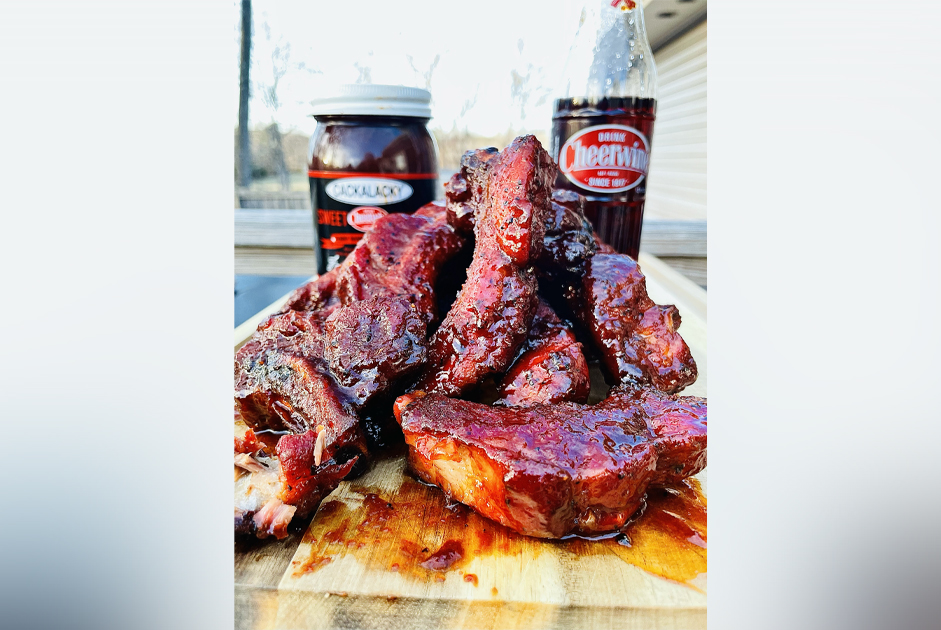Time and again when I went through job interviews in the past, I was hit with the classic question, “What’s your biggest weakness?” My answer most frequently was “I’m a perfectionist.” Today, that answer is used by many, often in an attempt to make what could be viewed as a positive, appear as a negative, trait. A faux weakness, if you will. And thus, not actually revealing your true weakness.
For me, however, this is very real. But I did come about it honestly, as they say. Growing up with older siblings (my brothers were six and twelve years older than me, respectively), whenever I did something, creatively or otherwise, my brothers would always be more than happy to explain what I did wrong and what I “should have done instead.” Perhaps the excessive age difference between us contributed to this, after all, they were basically going through separate life stages throughout. This phenomenon was not so uncommon when I was growing up. Parents would get one child in school before they gave birth to another.
Of course, what I didn’t realize at the time was that it was always easier for them to see better alternatives after seeing how my ideas and methods worked out in the past tense. Who here isn’t just a little better after seeing the result? Add this to their sheer experience, having been through it already, and they were full of critique masked as “advice.”
This constant judgment and reminders of how I should have done it in hindsight caused me to grow up always wanting to avoid this faux lesson opportunity. Hence, I would examine and overthink many situations, some of which weren’t critical enough to justify this thorough a review ahead of time. Thus, I became a perfectionist by default.
There are, of course, other ways siblings can negatively affect us. Some others might deal with serious ridicule and put-downs, considered oftentimes as the merely typical, classic mischievous behavior of youth. Though they may be, it doesn’t take away its impact on our future selves, whether it results in lower self-esteem; a constant need for affirmation; an immense, internal drive to succeed; or something else. Sibling influence is real and is not always taken as seriously by parents as it should be. Even our entertainment sources (television and movies in particular) indicate this behavior as typical, portrayed under the guise of comedy.
It should be taken seriously, though, for reasons I’ve already shown. My grandmother was the best I’ve seen at this. At our holiday family gatherings, she never had condescending jokes or comments allowed. We weren’t told this ahead of time, it was just an unspoken rule and we always followed it. It made for some most memorable moments in my childhood.
Conversely, I have two cousins, sisters who were about as opposite as they come. Whether it was their educational interest, hobbies, extra-curriculars, or even the types of boys they liked when growing up, they were complete opposites. It wasn’t that one was better, it’s just they had different tastes, and ideas about what they enjoyed and were interested in the most. For example, one liked pageants and other competitions in which she excelled greatly. The other deplored those types of competitive activities. There were many more differences, of course. And although one had a case full of trophies while the other focused her energies on hobbies, clubs, and activities that served her interests better, there was absolutely no competitive tension apparent between them, ever. They loved each other immensely and defended each other equal to the best of friends. Though they’re both grown now, even as adults, they always look out for each other and are still very close today, keeping in touch with each other’s lives regularly. This is a perfect example of sibling influence that embraces, enhances, and supports each party to utilize their abilities, potential, and experiences in life to the fullest.
So, the next time you hear one child denouncing the other, take a moment and think about what you can do to stop it and change the behavior. I can promise it will make a difference in their lives, even if it takes years for them to realize it. And if you’re fortunate enough to have children who get along well with their siblings, then feel obliged to take pride in this accomplishment. It’s a relationship that will transform their lives and futures, and provide benefits that far exceed your own existence in this world. That’s a true gift that keeps on giving.
I should add that both my brothers went on to become highly successful in their careers, lives, and families. So, perhaps their critique/advice had some inherent merit, after all.
To comment and see more, visit theviewfrommysection.com.



















